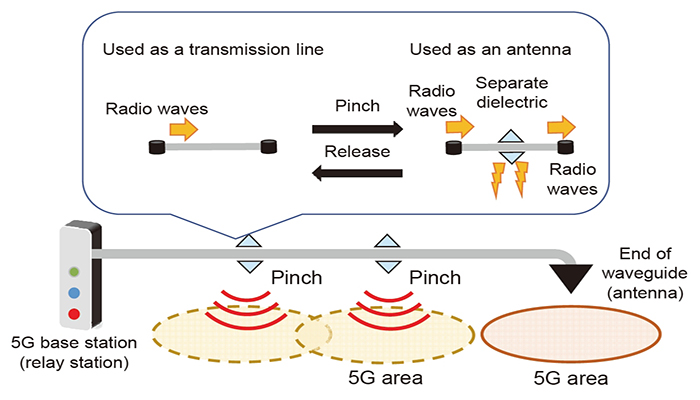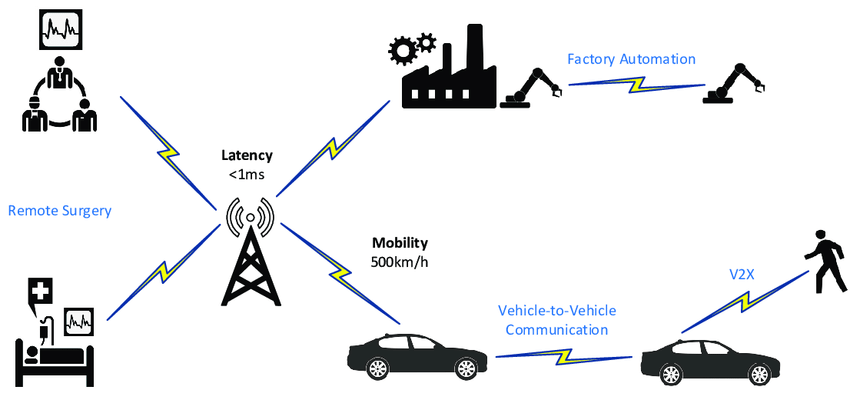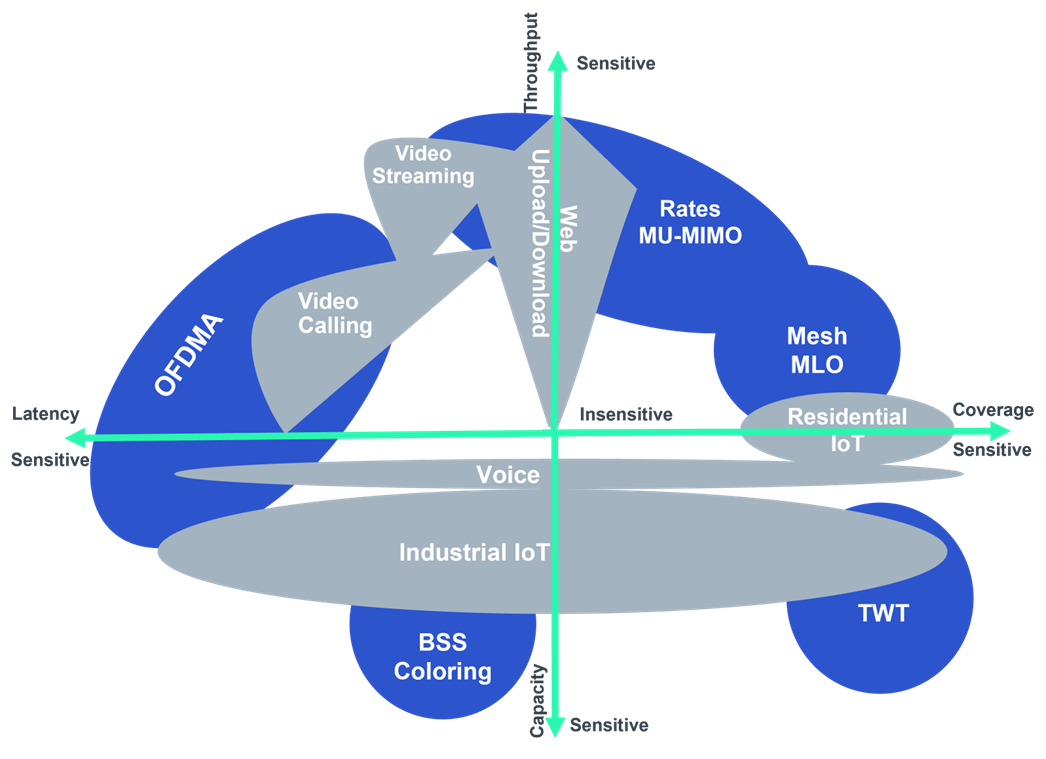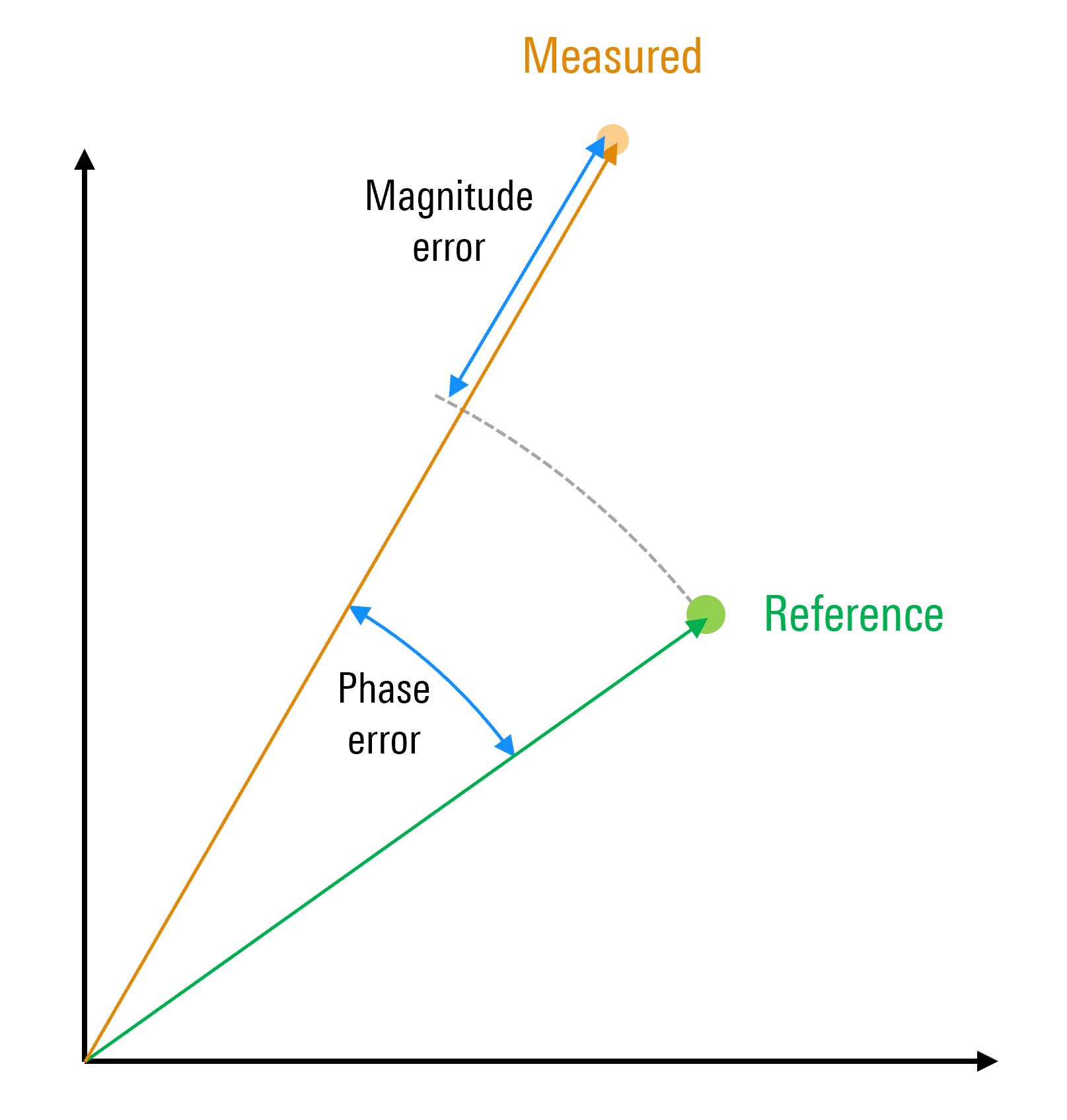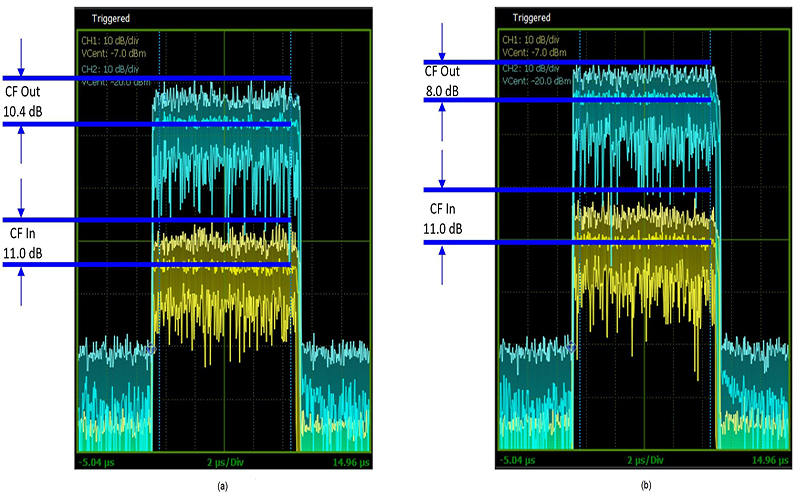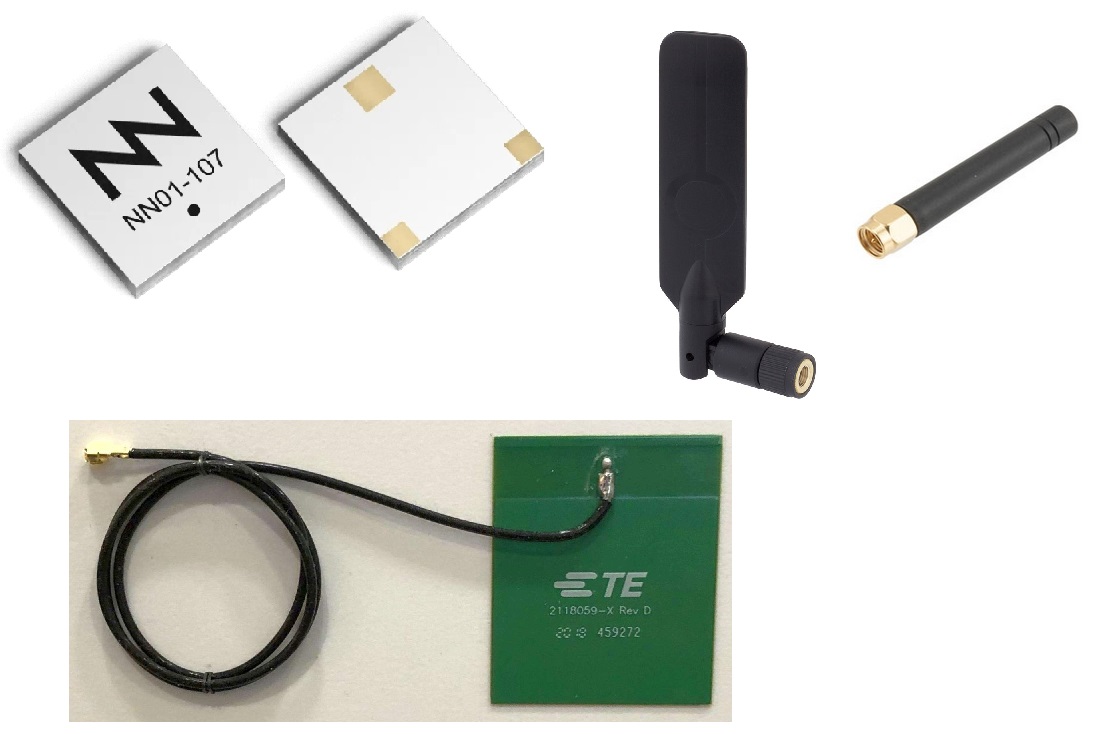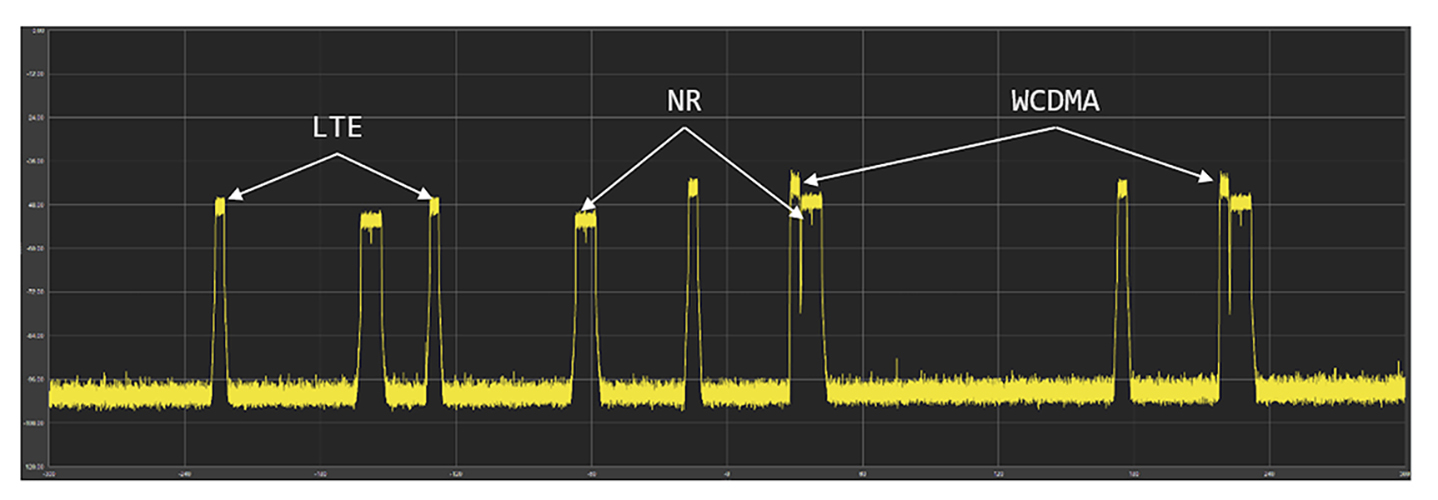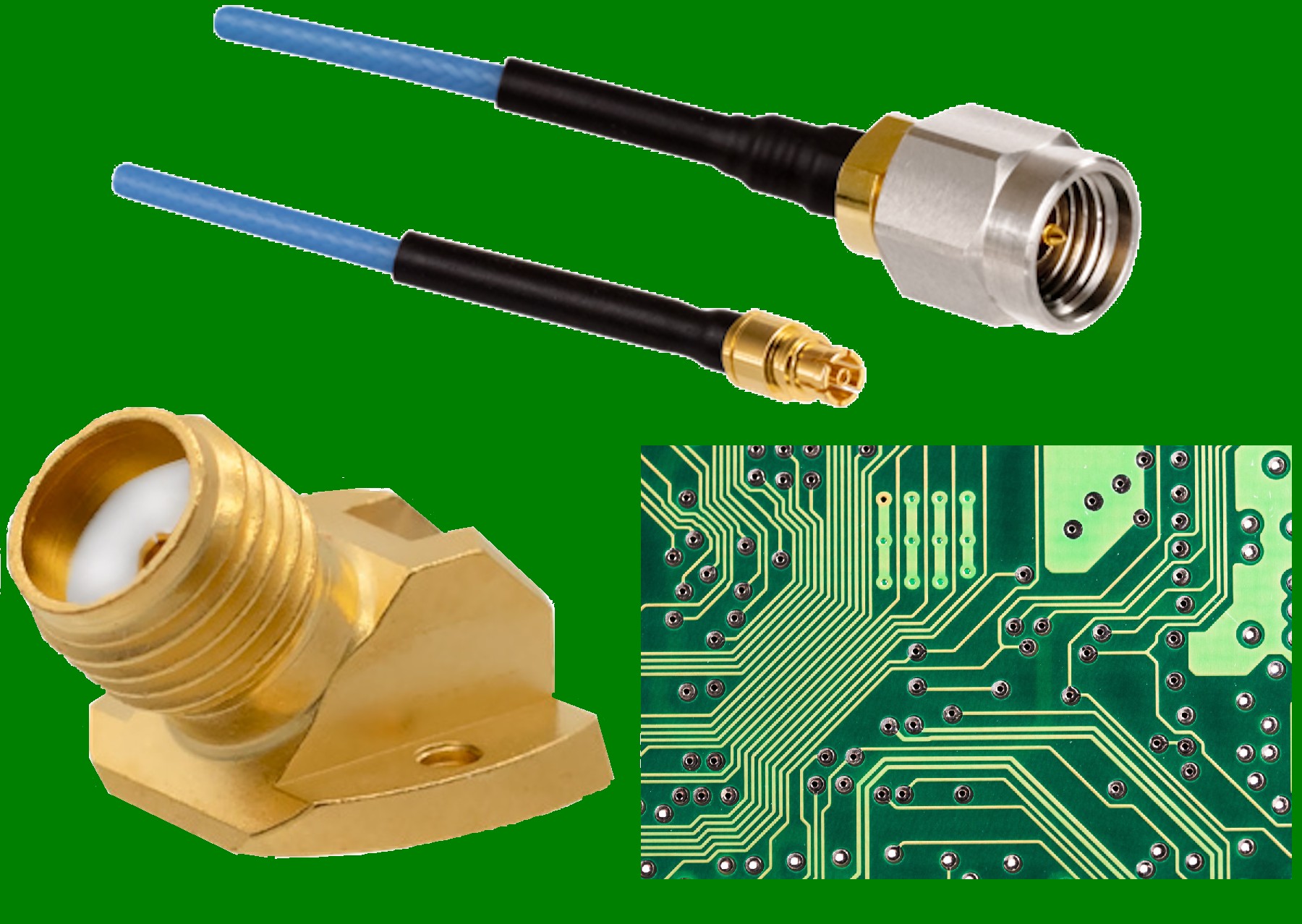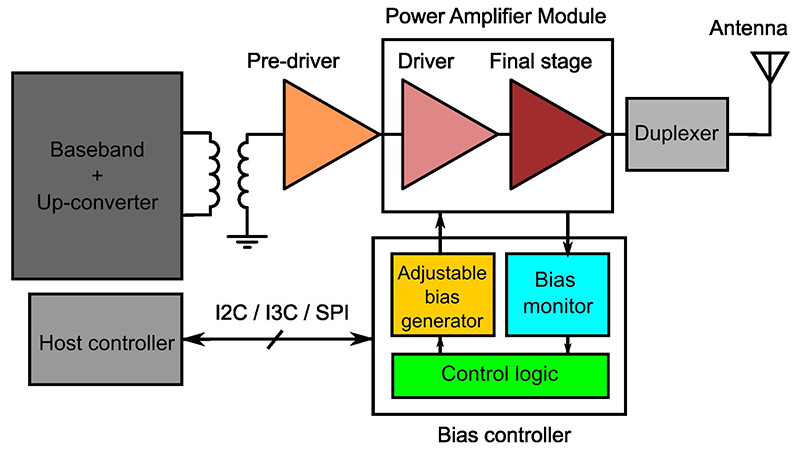5G base stations rely on phased arrays to steer signals and increase data rates. Beam steering circuits, however, consume power. Using waveguides could reduce energy consumption in base stations. Waveguides are physical structures that direct electromagnetic waves from one point to another, confining energy within specific boundaries to control propagation, direction, and mode. While waveguide…
What are 5G’s, the different types, and how are they used?
5G is much more than cell phones. IoT devices, medical devices, and industrial devices can connect to networks using technologies such as TDD, network slicing, and beamforming. 5G New Radio (NR) made its long-awaited commercial debut in late 2018. Offering significantly faster speeds and greater capacity compared to 4G Long Term Evolution (LTE), 5G NR…
Wi-Fi performance testing now has standards
By Leigh Chinitz, Spirent Communications Until recently, service providers were unable to predict in-home performance of Wi-Fi devices because they lacked standardized test cases. Now, industry groups have advanced three new standards, each geared toward different Wi-Fi use cases. The Wi-Fi industry has long had standardized conformance testing to confirm that a device meets standards…
How to reduce residual noise in 5G NR EVM measurements
Error vector magnitude (EVM) is the most important figure of merit for signal quality in 5G NR. A new method improves measurement accuracy by reducing noise.
Optimize RF signal quality in 5G power amps
For 5G system performance, obtaining and maintaining the right balance of requirements for high power, power-added efficiency, and signal fidelity is critical. CCDF and PAPR measurements provide insights to help power amplifier designers achieve that goal. While all parts of the 5G RF signal chain contribute to overall system performance, the transmitter power amplifier (PA)…
How to select an IoT device antenna
When designing wireless connectivity into IoT devices, you have several options for antennas. You can design one right into a PCB, but several commercial options take the work out of designing your own.
How GaN PAs in 5G radios push test requirements
Proper PA development, validation, and characterization are important because a PA often accounts for a significant portion of a transmitting device’s power consumption.
How mmWaves affect cables, connectors, and PCB traces
Millimeter-wave signals used in 5G networks provide wide bandwidth and high data rates. Signal losses, both over the air and through interconnects, bring design challenges.
How do 5G eMBB and FWA data services compare?
Fixed-wireless access is a special use case of enhanced mobile broadband, one of the three use cases specified for 5G. FWA brings different challenges for deployment than eMBB.
Choose a 5G base station’s PA bias control circuit
Bias control of PAs is crucial to ensure optimum radio performance under all conditions. Current sensing and temperature sensing provide the feedback needed to control the PA bias. The choice of sensing and biasing circuits brings design trade-offs. 5G base station power amplifiers (PAs) need biasing using a separate bias controller to maintain optimum performance…

